The Importance of a Working Water Pump  Source: bing.com
Source: bing.com
Having a functioning water pump is essential for the proper maintenance of your vehicle. A water pump circulates coolant throughout the engine, preventing it from overheating and causing potential damage. However, without routine maintenance, a water pump can fail, leading to costly repairs. Therefore, it is essential to know how to tell if your water pump is pumping.
Introduction  Source: bing.com
Source: bing.com
Are you experiencing issues with your vehicle’s engine overheating, strange noises coming from the engine, or a coolant leak? These are all signs that your water pump may not be pumping correctly. In this article, we will discuss how to tell if your water pump is pumping and what to do if it’s not.
How to Tell If Water Pump Is Pumping 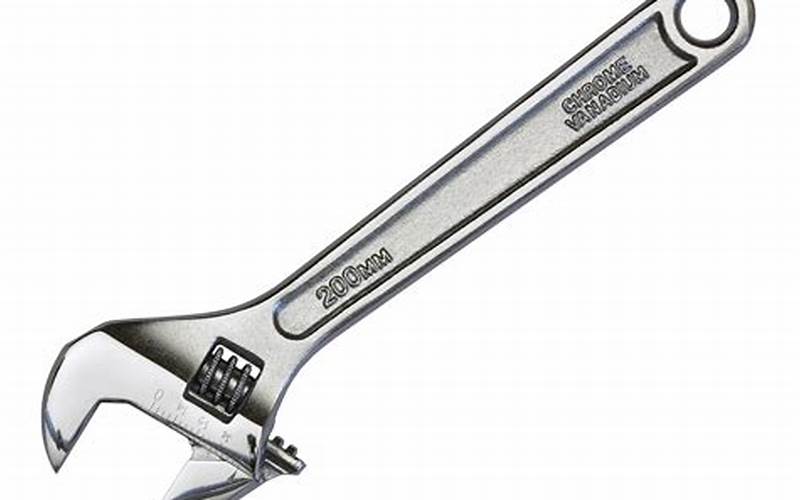 Source: bing.com
Source: bing.com
1. Check the Temperature Gauge 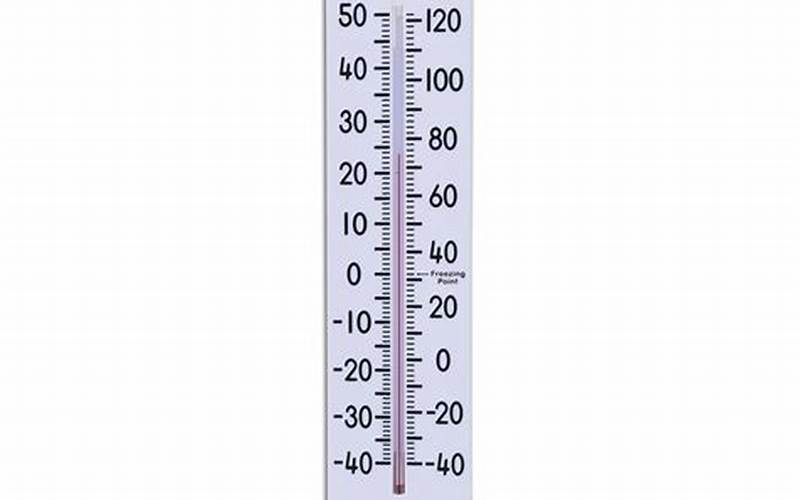 Source: bing.com
Source: bing.com
The temperature gauge on your dashboard is an easy and quick way to check if your water pump is working correctly. If the gauge is showing that the engine is running hot, it could be a sign that the water pump is not operating efficiently.
2. Listen for Strange Noises 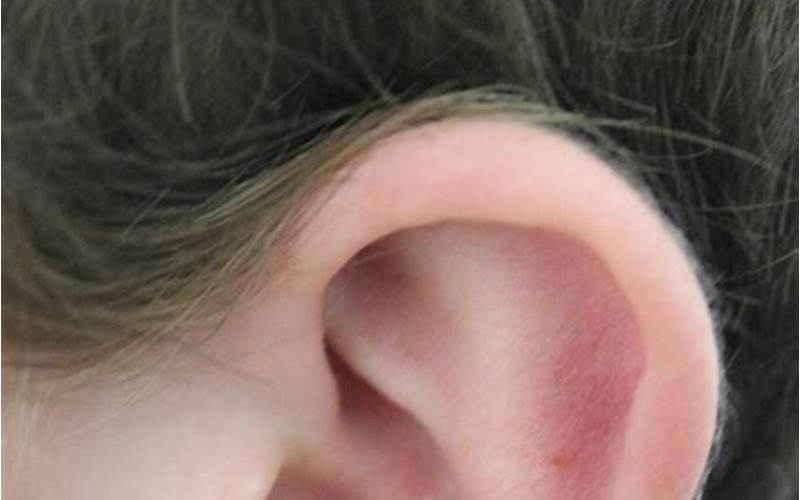 Source: bing.com
Source: bing.com
If you hear any strange noises coming from the engine, such as a whining or grinding sound, this could also indicate that the water pump is not working correctly.
3. Check for Coolant Leaks 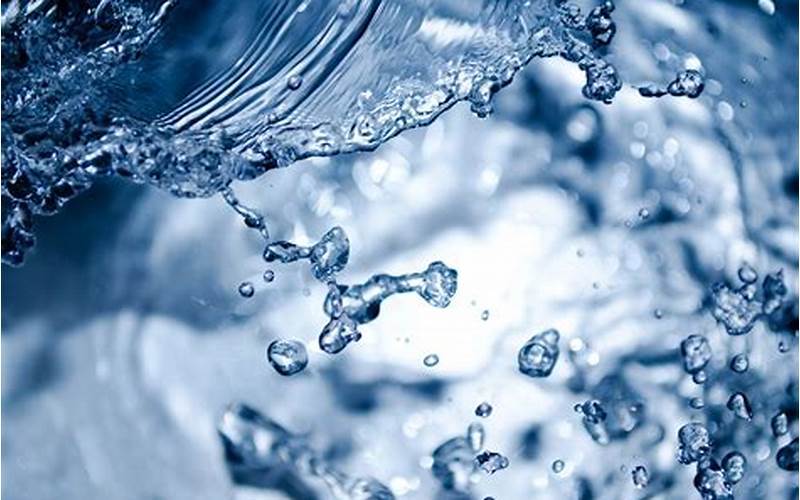 Source: bing.com
Source: bing.com
A visible coolant leak is another sign that your water pump may not be pumping correctly. Check your vehicle for any signs of coolant leakage, such as puddles under the car or a sudden drop in coolant levels.
4. Look for Steam  Source: bing.com
Source: bing.com
If steam is coming from your vehicle’s engine, it could be a sign that the engine is overheating due to a malfunctioning water pump.
5. Check the Water Pump Pulley and Belt  Source: bing.com
Source: bing.com
Check the water pump pulley and belt for any signs of damage or wear. The belt should be tight and not slipping, while the pulley should be intact.
6. Check the Water Pump Weep Hole  Source: bing.com
Source: bing.com
The weep hole is located on the underside of the water pump and is designed to allow coolant to escape when the seal fails. A buildup of coolant around the weep hole could indicate that the water pump is failing.
7. Check the Flow of Coolant  Source: bing.com
Source: bing.com
Start the engine and let it warm up, then check the flow of coolant in the radiator. The coolant should be moving at a steady rate, indicating that the water pump is operating correctly.
Advantages and Disadvantages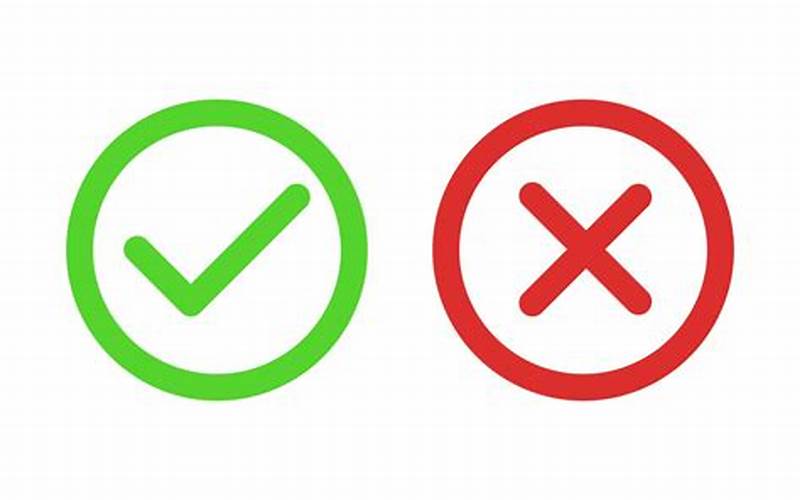 Source: bing.com
Source: bing.com
Advantages of a Working Water Pump
A working water pump ensures that your engine is operating at the correct temperature, which prolongs the life of your vehicle’s engine. It also prevents the engine from overheating, leading to costly repairs.
Disadvantages of a Failing Water Pump
A failing water pump can lead to costly repairs, including engine damage. It can also cause the engine to overheat, leading to potential safety hazards.
Table: How to Tell If Your Water Pump Is Pumping
| Signs of a Failing Water Pump | Solutions |
|---|---|
| Engine is running hot | Check the temperature gauge and coolant levels |
| Strange noises coming from the engine | Check the water pump pulley and belt |
| Coolant leaks | Check for any visible coolant leaks and repair as needed |
| Steam coming from the engine | Check for engine overheating caused by a malfunctioning water pump |
| Water pump pulley and belt | Check for damage or wear and replace as needed |
| Water pump weep hole | Check for coolant around the weep hole, indicating a failing water pump |
| Flow of coolant | Check the flow of coolant in the radiator for a steady rate |
Frequently Asked Questions  Source: bing.com
Source: bing.com
1. How often should I check my water pump?
It is recommended to have your water pump inspected every 60,000 to 90,000 miles, or every five years, whichever comes first.
2. Can I drive with a failing water pump?
No, driving with a failing water pump can lead to engine damage, overheating, and potential safety hazards.
3. How much does it cost to replace a water pump?
The cost of replacing a water pump varies depending on the make and model of your vehicle. On average, it can cost between $300 to $1000.
4. Can I replace my water pump myself?
Replacing a water pump can be challenging and requires experience and knowledge. It is recommended to leave it to a professional mechanic.
5. How long does a water pump last?
A water pump can last between 60,000 to 90,000 miles or five to seven years, depending on the make and model of your vehicle.
6. Can a bad water pump cause a check engine light?
Yes, a malfunctioning water pump can cause the check engine light to come on, indicating a problem with the engine’s cooling system.
7. Can a water pump be repaired?
If the water pump is damaged, it is recommended to replace it rather than attempting to repair it.
8. Can a water pump cause a car to not start?
No, a failing water pump will not prevent a car from starting, but it can cause overheating and engine damage.
9. What happens if I don’t replace my water pump?
If you don’t replace a failing water pump, it can lead to engine damage, overheating, and costly repairs.
10. How long does it take to replace a water pump?
The time it takes to replace a water pump varies depending on the make and model of your vehicle. On average, it can take between two to four hours.
11. How do I prevent my water pump from failing?
Regular maintenance, such as changing the coolant and replacing the timing belt, can help prevent your water pump from failing prematurely.
12. What is the function of a water pump?
A water pump circulates coolant throughout the engine, preventing it from overheating and causing potential damage.
13. What are the signs of a failing water pump?
The signs of a failing water pump include engine overheating, strange noises coming from the engine, coolant leaks, steam coming from the engine, water pump pulley and belt issues, and a lack of coolant flow in the radiator.
Conclusion  Source: bing.com
Source: bing.com
As you can see, knowing how to tell if your water pump is pumping is crucial for the proper maintenance of your vehicle. By regularly inspecting and maintaining your water pump, you can prevent costly damage to your engine and ensure your vehicle runs smoothly. Don’t wait until it’s too late; take action today to ensure your water pump is working correctly.
Closing/Disclaimer 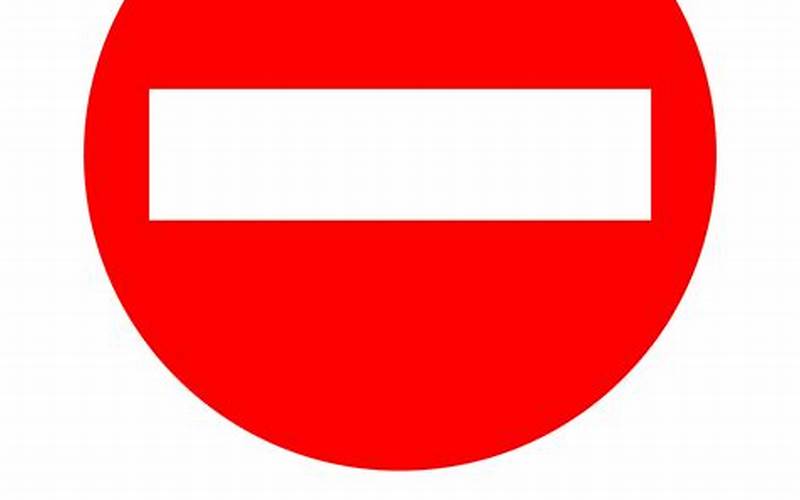 Source: bing.com
Source: bing.com
This article is for informational purposes only. Always consult with a professional mechanic before attempting any repairs on your vehicle.
 WATER Latest WATER Information News
WATER Latest WATER Information News